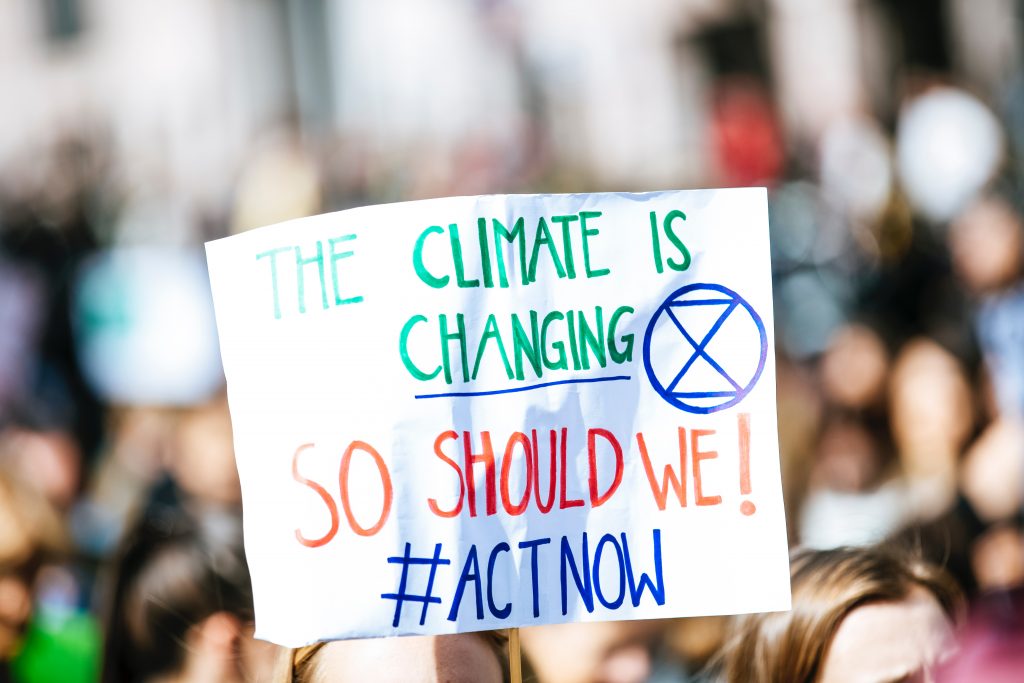
Everything you need to know about scientific communication in one place. If we’ve missed something, please let us know in the comments section below. Please join up for our newsletter if you’d rather get these updates via email.
In the news
Volunteer data collectors are motivated and dedicated, but lacking in diversity

While many volunteers who join up to help crowdsource scientific results are highly motivated and devoted, researchers at North Carolina State University discovered that these programmes were not drawing a broad group of participants. For future research and volunteer recruiting, the results might be a useful resource.
Volunteers have made significant contributions to science via “citizen science,” or crowdsourcing for research. As part of their work, they’ve put up video traps in the wild in order to monitor the migration of North American monarch butterflies throughout the winter. Many researchers are interested in learning more about the people who participate in citizen science, as well as the sorts of initiatives and number of volunteers they’re involved in.
Volunteers for two individual scientific projects and SciStarter.org, an online library of citizen science initiatives, were questioned throughout the course of two years between 2016 and 2019. The National Audubon Society’s annual Christmas Bird Count and the North Carolina State University-led Candid Critters project, which uses video traps to monitor animals, were two of the initiatives that took place at the same time this year. More than 3,649 SciStarter.org members were followed online in addition to the questionnaires.
They discovered that volunteers who participated in numerous projects were more likely to be white, work in STEM industries, and have postgraduate degrees when they examined their demographics.
Only 5% of the almost 3,600 participants who answered demographic questions in the polls described themselves as Black, Asian-American, Pacific Islander, Native American, or Latin American. About half of the volunteers who participated in the study have degrees from colleges or universities specialising in science.
Participants in these initiatives may benefit from educational opportunities and methods to learn about their communities, but the researchers found the lack of diversity to be troubling because of this. They did note, though, that attempts are being made to overcome inequities in recruitment via corporate volunteer programmes and churches as well.
The findings are reported in the 22nd June issue of Bioscience.
Science journalism can change minds about climate change, but only for a short while

Journalistic reporting about climate change leads Americans to adopt more accurate attitudes and support government action on the subject, but these benefits are just temporary, according to a new study.
But those who are exposed to news that is sceptical of climate change rapidly lose these correct views, suggesting that science reporting, even if it is scientifically true, is soon forgotten by the general public.
A total of 2,898 people took part in the experiment over the course of four waves in the autumn of 2020. In the first wave, they were all exposed to items in the public press that accurately reflected the scientific community’s agreement. Following that, participants were randomly assigned to read a scientific article, an opinion piece doubting the validity of climate science, an item debating the politicised nature of the discussion over climate change, or an article completely unrelated to the original experiment. Finally , participants were only questioned about their views on climate science and policy.
Accurate reporting had a favourable impact on all groups, even Republicans and those who had previously dismissed climate change. Moreover, it had a positive effect on people’s attitudes. People’s ideas, however, were shown to have a short-lived influence on their attitudes. As time went on, these effects essentially faded.
As a whole, the findings imply that the media have a significant influence in shaping public perceptions of scientific topics such as global warming. The study is published in PNAS.
Opportunities
For a detailed list of the latest opportunities, sign up to our monthly newsletter SciCom for Scientists